|
|
|
|
Nau mai, haere mai and welcome to your weekly newsletter.
One of the consequences of delaying the New Zealand general election is that about 5,000 more young people will be eligible to vote because their 18th birthdays now fall before October 17. This is wonderful for those young citizens, but as philosophy lecturer Nick Munn writes, it also points up the arbitrariness of the voting age in the first place. By lowering it, as the “Make it 16” campaign calls for, might we engage more young people in
the democratic process and form the voting habit earlier?
The election was delayed, of course, because of the COVID-19 outbreak in Auckland and the subsequent level 3 alert in our biggest city (and level 2 elsewhere). In contrast to the country’s first outbreak, during which only 25 of the more than 1,000 positive samples had been genetically sequenced by mid-April, genome sequencing is now an integral part of the resurgence response. It speeds up the process of confirming whether new cases belong to the Auckland cluster, as David Welch explains, and it will remain useful well beyond the immediate response, as we try to better understand this virus.
There is a lot more to read in this edition, including legal expert Al Gillespie’s thought-provoking argument in favour of a prisoner transfer agreement with Australia that would allow the Christchurch terrorist (whose sentencing hearing is taking place right now) to be deported back to his home country.
As ever, thank you for supporting The Conversation and please spread the word to any friends, family and colleagues you think might appreciate our work too.
Until next time – take care, noho ora mai.
|
Finlay Macdonald
New Zealand Editor: Politics, Business + Arts
|

|
|
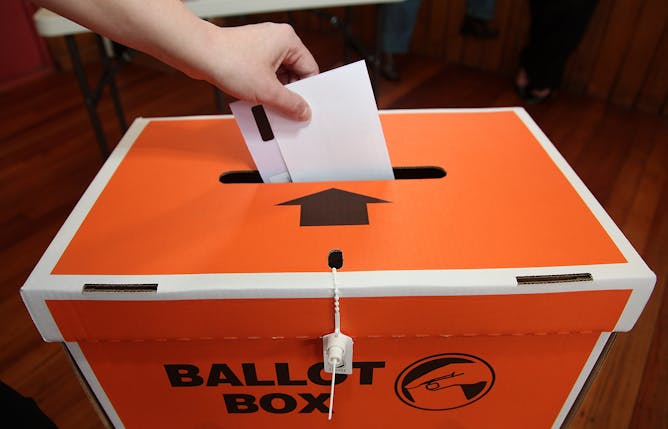
GettyImages
Nick Munn, University of Waikato
Changing the voting age from 18 would allow more young citizens to make voting a habit before they lose interest in politics.
|
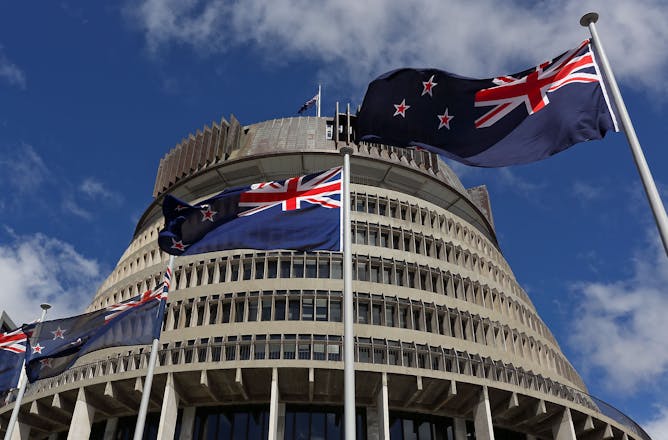
GettyImages
Robert G. Patman, University of Otago
The woeful record of populist governments in dealing with COVID-19 is unlikely to convince voters New Zealand should emulate them.
|
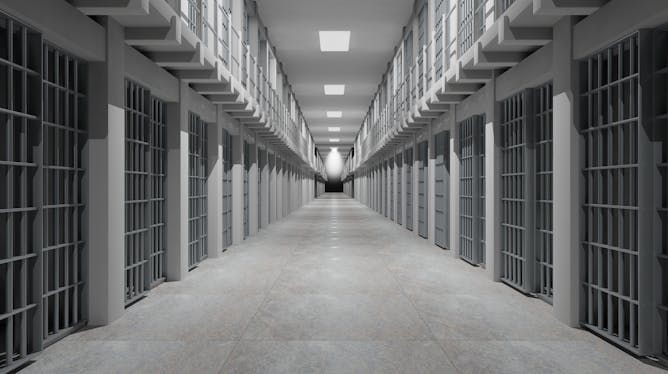
www.shutterstock.com'
Alexander Gillespie, University of Waikato
New Zealand and Australia have no prisoner transfer agreement. By negotiating one, we could deport the Christchurch terrorist and help resolve the trans-Tasman prisoner problem in the process.
|
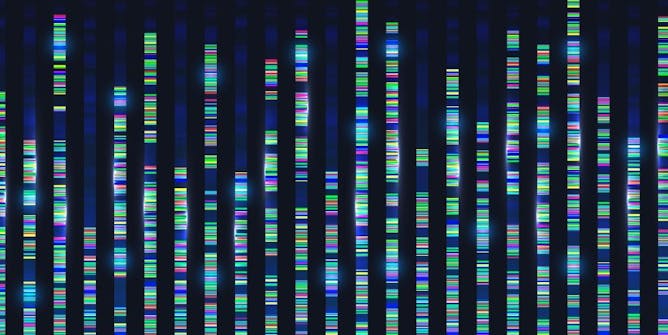
Shutterstock
David Welch
Genetic analysis of virus samples from New Zealand's latest COVID-19 cases is now much swifter. It's providing key information, but hasn't yet answered the question of where this second wave started.
|
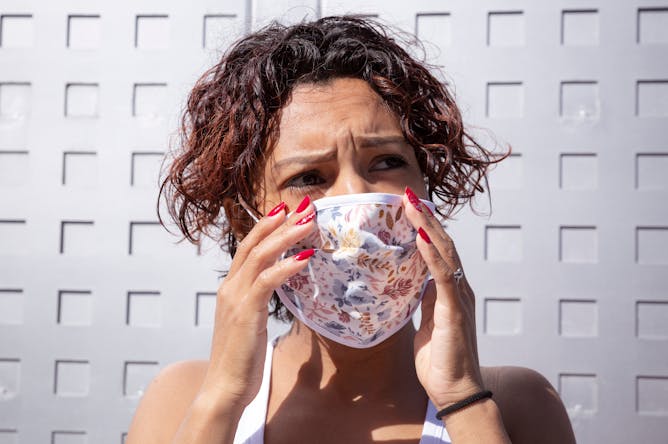
www.shutterstock.com'
Elspeth Tilley, Massey University
Worried about being accused of virtue signalling or getting funny looks for wearing a mask? Here's how to test your ethics and come to the right decision.
|

www.shutterstock.com
Christine Braid, Massey University
With 52% of 15-year-olds now saying they read only if they have to, experts say a new way of teaching literacy is overdue.
|
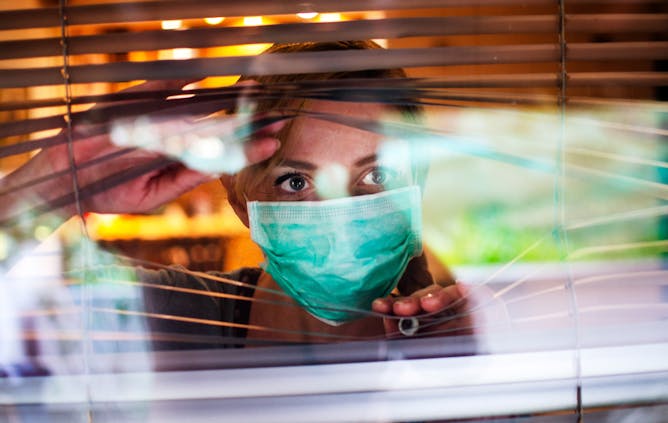
Shutterstock/Pearl PhotoPix
Dougal Sutherland, Te Herenga Waka — Victoria University of Wellington
During uncertain times, feelings of anxiety and even anger are normal responses. If left unchecked, these emotions can affect how we behave, but acknowledging them can ease their intensity.
|
From our foreign editions
|

Bruce Y. Lee, City University of New York
Once a coronavirus vaccine is approved, billions of doses need to be manufactured. Current vaccine production is nowhere near ready, for a variety of reasons, but planning now could help.
| |
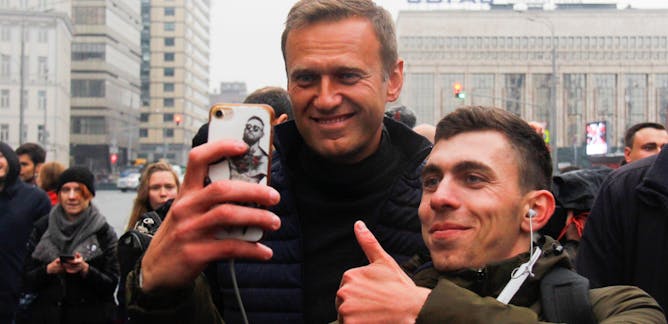
Regina Smyth, Indiana University
Russian opposition leader Alexei Navalny, gravely ill from a suspected poisoning, brought a new type of opposition to Russia in tune with popular concerns and aimed at finding common ground.
|
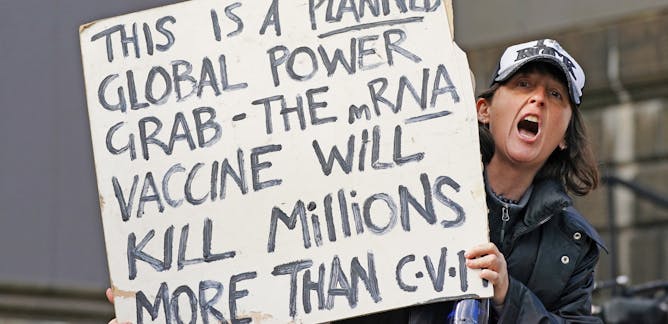
Kaz Ross, University of Tasmania
QAnon is gaining ground in Australia due to a growing distrust in the government and media, part of which is rooted in a perceived lack of transparency over the coronavirus response and restrictions.
| |
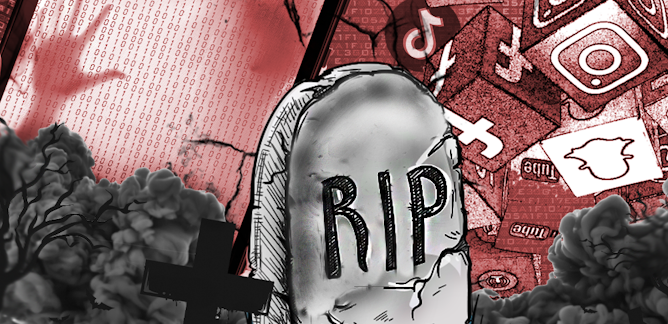
Patrick Scolyer-Gray, Deakin University; Arash Shaghaghi, Deakin University; Debi Ashenden, Deakin University
What happens to our online data after we die? From memorial Facebook pages to password security, a project at Deakin University is exploring the pitfalls and possibilities of "data after death".
|
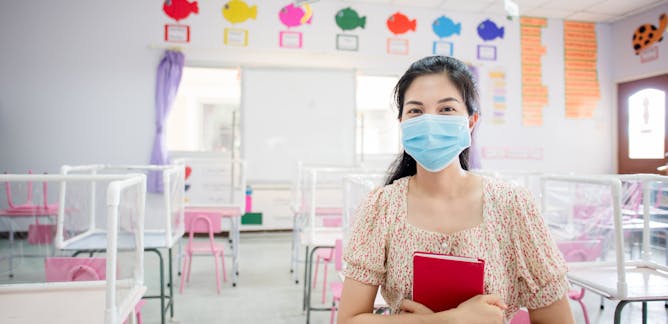
Laura Sokal, University of Winnipeg; Ellen Reimann, University of Manitoba
Children up to age five get a lot of cues from facial expressions. That makes teaching in a mask challenging, but teachers can learn from strategies developed by masked pediatric nurses.
| |
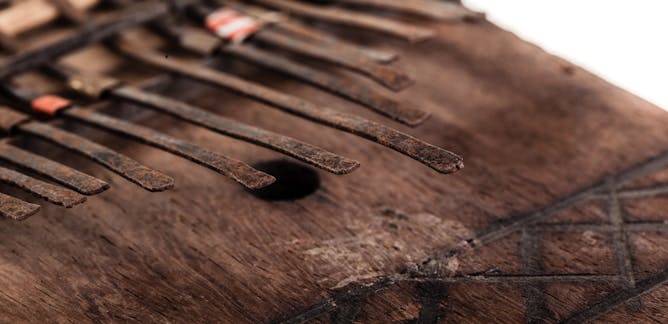
Joshua Kumbani, University of the Witwatersrand
There is not much information on artefacts used by Stone Age humans to make sound and music – but the first comprehensive survey is a good start.
|
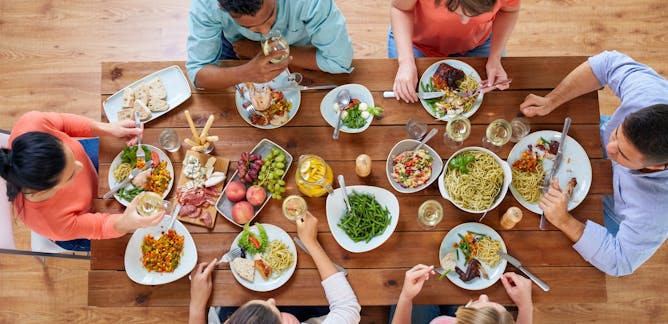
Duane Mellor, Aston University
There's currently little evidence that 'reverse dieting' works.
| |
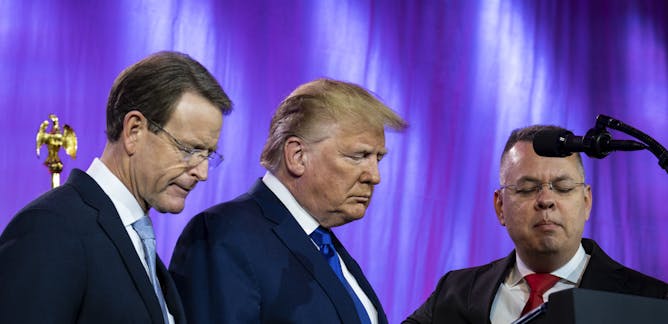
Emma Long, University of East Anglia
Evangelicals used to stay out of party politics. No longer.
|
|
|
| |
| |
| |
| |
| |
| |
|
|
|
|
|
|
|